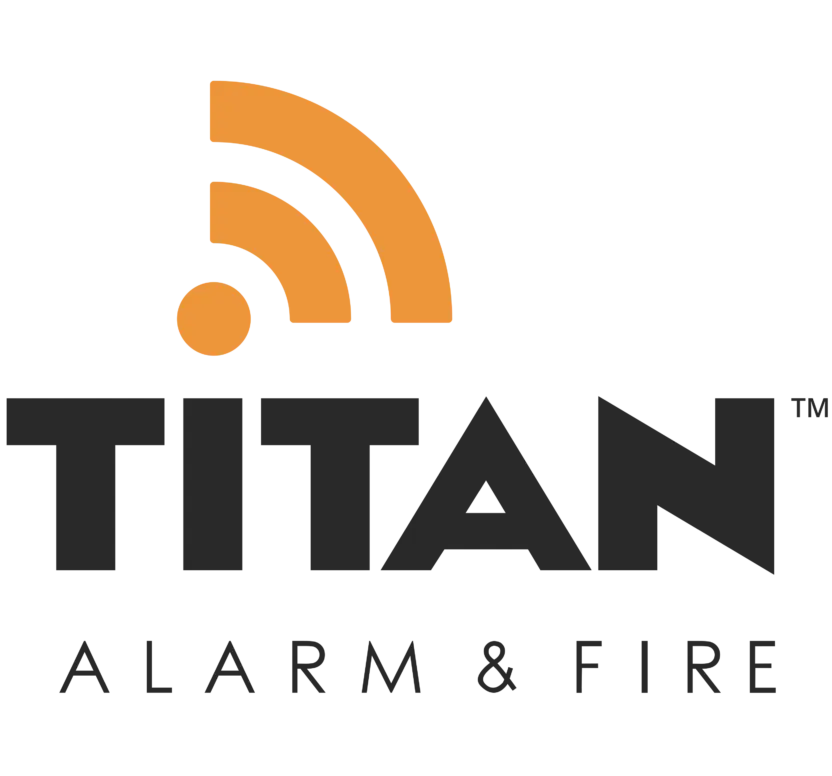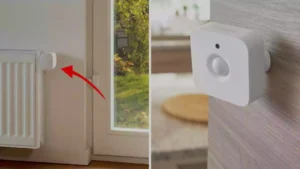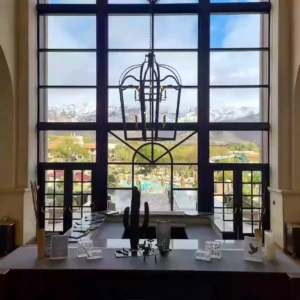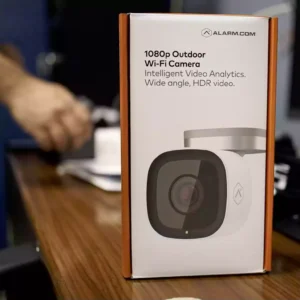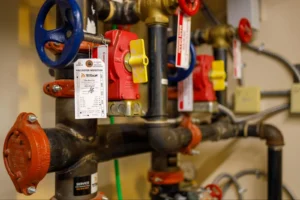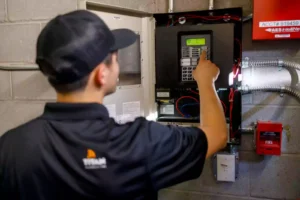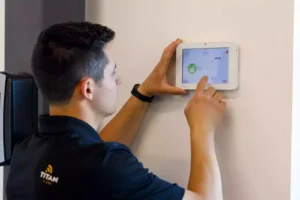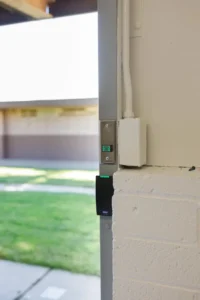
10 Best Free Things To Do in Arizona In 2026
The best free things to do in Arizona in 2026 include hiking iconic trails like Cathedral Rock, Camelback Mountain, and Devil’s Bridge, watching the sunset at Horseshoe Bend, exploring scenic drives such as Oak Creek Canyon and the Red Rock Scenic Byway, visiting landmarks like the Chapel of the Holy
